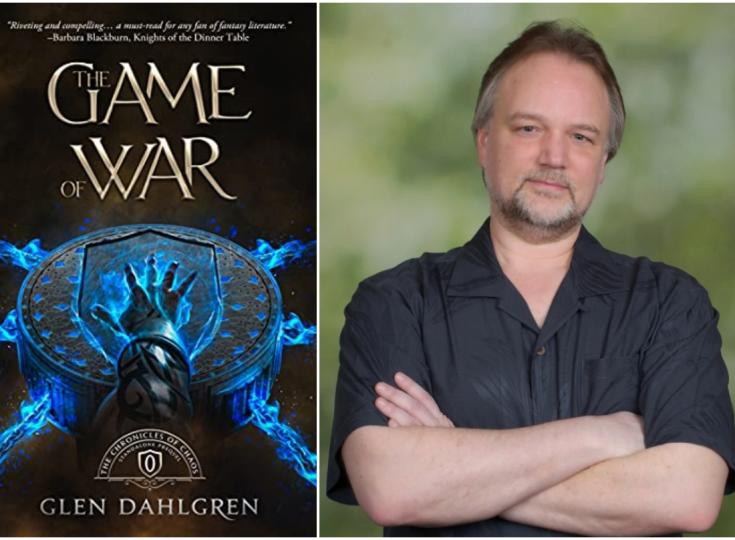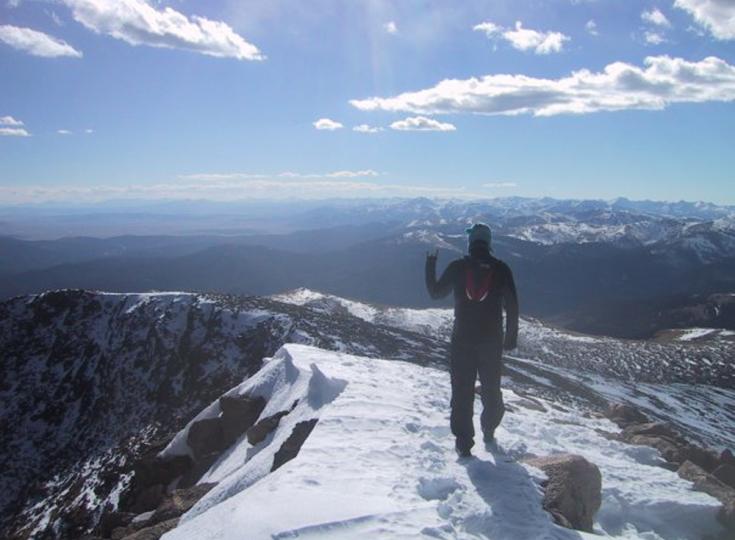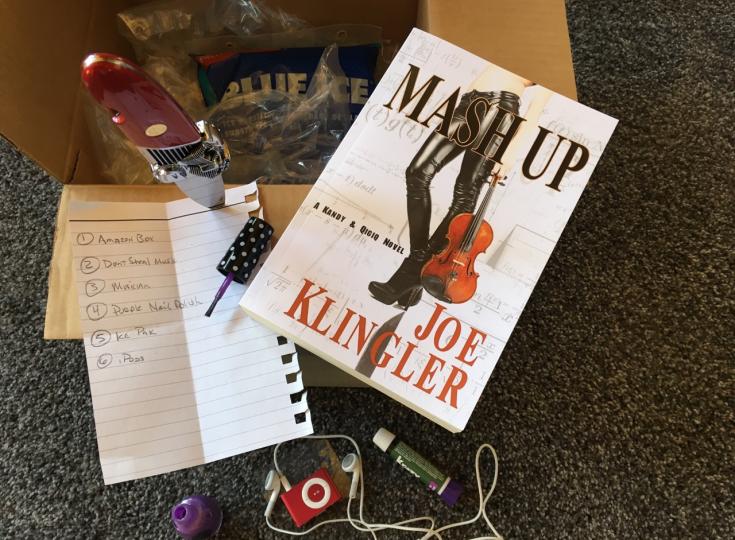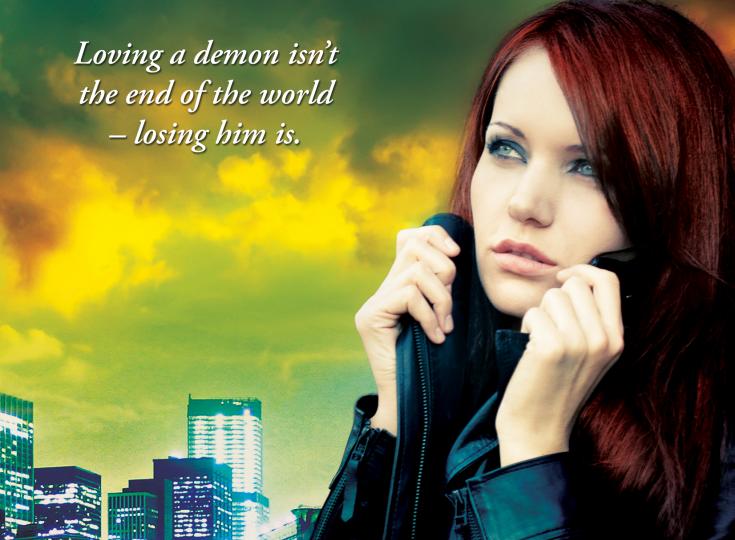Glen Dahlgren - Mysterious Magic, Crafty Competitions, and Plenty of Pirates

Glen Dahlgren is the award-winning author of the acclaimed book series, the Chronicles of Chaos, which fantasy legend Piers Anthony called "what fantasy fiction should be". His debut novel, the Child of Chaos, is the Gold Medal Winner for the 2021 Readers' Favorite Award for YA Epic Fantasy. Glen has also written, designed, directed, and produced critically-acclaimed, narrative-driven computer games for the last three decades. What's more, he had the honor of creating original fantasy and science-fiction storylines that took established, world-class literary properties into interactive experiences. As our Author of the Day, he tells us about his book, The Game of War.
Please give us a short introduction to what The Game of War is about.
Here is the blurb from its info page, which is about the shortest intro I can come up with. Prequel to the 2021 Readers' Favorite Gold Medal Winner YA Epic Fantasy.
Never meet your heroes—especially if they’re dead.
Dantess wants to follow in the footsteps of his dead grandfather—a legendary priest of War—but his father forbids it. In fact, his father’s hatred of War lands him in a cell within the god’s temple.
The only way to free him is from the inside, so Dantess must choose: let his father die or defy his upbringing, become a priest, and win his father’s freedom in the temple’s deadly Game of War.
Torn between the legacies of his father and grandfather, Dantess finds that both paths hide secrets that threaten to destroy everything he cares about, including his sanity.
Percy Jackson enters the Game of Thrones in what reviewers are calling, “one hell of an action-packed thrill ride.” It’s a don’t-miss page-turner full of mysterious magic, crafty competitions, and plenty of pirates!
“Riveting and compelling, a must-read for any fan of fantasy literature.” —Barbara Blackburn, Knights of the Dinner Table
What inspired you to write this story?
I established the world of the Chronicles of Chaos in my debut novel, the Child of Chaos. People enjoyed that book, but there was one character that readers identified as their favorite: Dantess, Warrior Priest. It’s no wonder; he’s a superhero with a strong moral center.
When I had an opportunity to write a novela that would be included in a USA Today Bestselling run box set, I decided to expand his origin story a bit, fulfill my requirement for the set, and then have a reader magnet to enter into my world long term.
A few things happened. First, I don’t know how to write a novela. In fact, some people say my books have so much happening in them that they could be series on their own. Second, I moved away from the small publisher doing the box set (they never released it anyway). Third, all my thinking for the sequel to CofC became development for GoW. That book became not only an exploration of Dantess, but the society and world.
The Game of War became much more than a reader magnet, and indeed much more than a prequel. In fact, GoW is such a critical book in the series now that I’m contemplating re-ordering it. The Game of War would be my new book one, the Child of Chaos would be book two, and the House of Prophecy (WIP) would be book three.
Now, if you want to know what inspired me to write this series in the first place, that is a much longer story. :)
This is the prequel to Child of Chaos, the Gold Medal Winner of the 2021 Readers' Favorite Award for YA Epic Fantasy. Can it be read as a standalone? How do the books tie in with one another?
Right now, while the books share characters and world, they can be read independently. When I wrote GoW, I assumed people would have read CofC, but readers quickly told me that they actually preferred to read them in the opposite order.
But the deeper I got into writing the third book, the House of Prophecy, the more I realized I was pulling material from both volumes to the point that I believe readers should have both under their belts before tackling my latest release.
So read them in either order, but make sure you read both!
Tell us more about Dantess. What makes him tick?
In CofC, Dantess is an action hero. He has access to powers and abilities that make him an unmatched fighter. But how did he become this man?
In GoW, we see his journey. In this world, some people have ‘Longings’ or a desperate pull toward certain temples like Evil or War or Law. Even though he has this Longing, his father tries his hardest to keep Dantess from the temple—mostly because of his own relationship with Dantess’ grandfather (a legendary priest of War).
Here’s the important thing to know about Dantess: he cares for everyone. He wants to protect them all, especially those he loves. So in the book, he has to weigh this perspective against the extremes. Priests don’t defend the faithless, and a faithless terrorist group known as the Harbingers of Chaos dearly wants to kill all the priests. Dantess has to find his own way—especially important when the world depends on his decision.
Besides writing, what other secret skills do you have?
I’ve been a computer game designer for most of my life, so that! I also teach game design at UC Berkeley, compose music, and play volleyball!
Why epic fantasy? What drew you to the genre?
I love both science fiction and fantasy, but fantasy has always been my first love. I crafted adventures in Dungeons and Dragons in high school and beyond. I think I enjoy the lack of limits and opportunities for world-building and magic that SF doesn’t give me. Fantasy feels more mysterious and organic, and I’ve always been drawn to mythology that acts as an underpinning for everything.
Readers say this is a very action-packed book that had them at the edge of their seats. How did you pull this off?
I would say that being ‘action-packed’ is a requirement, or at least an expectation, of YA, but the truth is that I was writing this way before I even realized that I was creating a YA series.
I write what I like. I want every scene to be impactful and interesting and move the story forward. I want big discoveries and character moments. I want major plot twists that are stunning, but seem inevitable in retrospect.
Perhaps this is why it takes me a year to write a new book, because I can’t speed through the creation process. In order to make the content as engaging and meaningful as I want, there is a lot of discovery and rewriting involved. My readers seem to like the end results, though, so I’m going to stay the course.
You have written and directed several computer games and collaborated with authors like Margaret Weis, Tracy Hickman, and Terry Brooks. How have these experiences influenced your writing?
I treasure my experience working with such incredible authors as Robert Jordan and Margaret Weis. Bringing their worlds to life was a dream come true, and living in those worlds taught me how to truly understand properties like those.
Since those games were heavily story-based, my story-telling skills were definitely hardened in battle. That said, pure game design skills also help immensely in writing—especially adventure game design. I design way before I write. Communication of what’s happening and making sure story puzzles are logical isn’t easy. That same kind of causal progression is vital for a linear story as well. I definitely wouldn’t be the kind of author I am without that experience.
What did you have the most fun with when writing The Game of War?
As a game designer, I definitely had the most fun designing and writing the titular Game of War. Once I nailed the rules, I had to come up with how the players could and would exploit them, and it makes for fascinating reading. Readers tell me all the time that it’s their favorite section of the book.
Are you a plotter or a pantser? Do you plot out your entire story before you start writing, or does some of it just "happen" along the way?
I suspect that, with the exception of pure pantsers, almost everyone is a combination of both. But here’s where I fall on the spectrum.
I cannot start writing until I have an outline. I need to know the major plot points and the ending. Basically, I need a plan. But as everyone knows, plans never survive contact with the enemy.
In game design, it’s very important to acknowledge the concept of discovery. As you develop the game (and especially play it), you find out where the “fun” is. If you don’t capitalize on those discoveries, your end product will be much worse for it.
Novels are even more this way. Because authors aren’t leading a team of engineers and artists, we can be flexible or agile. We can change things up until the ship date!
The way books are developed are through drafts, so this is the model of drafts that has been explained to me, from the development perspective. First draft: this is the story you started out to tell. Second draft: this is the story as it should have been, including discoveries you made on the way. Third draft: this is the story with other people’s perspectives woven in (Beta readers). Fourth draft: polished and ready to go.
Even though the common advice is to just keep bulldozing through the first draft, I can’t do it personally. As I discover things about my characters, themes, and world, I have to go back and change them on the fly. I tend to rewrite my beginning three to four times before I’m done with the first draft. So I end up at second draft when I’m done with the first.
And one final note: discoveries don’t always come from the author. Often the characters let me know something that changes the story completely. It’s sometimes quite difficult to anticipate what they’re going to do—but often they provide interesting paths to explore.
When starting on a new book, what is the first thing you do?
I’ve only ever written books in this series, but I will say that I need a major idea that just captures me (and hopefully, at least two or three more).
For the Child of Chaos, the first idea I wanted to explore was a society in which there was no fundamental difference between Good and Evil. In fact, my first tag-line of the book was “It doesn’t matter if you’re Good or Evil, as long as you’re something!”
I also need to know where the book is going. If I don’t have an ending in sight, I don’t know what I’m working toward. Even if the ending changes—and it frequently does—having it in my sights lets me know how much further I have to travel before getting there.
It’s important for my books to have something to say, as well. I’d love to have this nailed down before I start, but often, themes arise in the writing process and I have to go back to reinforce them along the way. For instance, the Child of Chaos was about balance and stifled creativity. The Game of War was about valuing life, regardless of whose it is. And so far, the House of Prophecy is about the importance of home and being careful who you give control of your life to—but I’m still discovering the themes there, too.
Do you have any interesting writing habits? What is an average writing day like for you?
I write in starts and stops. I outline everything then I start writing. However, that effort is macro-outlining. When I get to an individual scene, I then need to micro-outline. Sometimes it’s straightforward and I get to writing almost immediately. Other times, even though I know what the upcoming scenes need to accomplish, I’m not entirely sure how to get there, so I can spend days brainstorming, walking down different paths until I figure out which one delivers the best experience.
When I know where to go and I’m writing the words down, I tend to write between 1K-3K a day (a 3K day is not that common, I admit). After that, I read what I’ve written and edit the hell out of it—I can’t help it. But when I get that portion of the book where I like it, the results motivate me to keep going.
What are you working on right now?
I’m about 70K words into the House of Prophecy, book two (perhaps book three) of the Chronicles of Chaos. For those who have read the previous two books, You’ll find that it brings together Galen and Dantess and explores the conflict inherent in their relationship (Galen is drawn to Chaos, while Dantess is a priest of Order). Just because they’re on the same side, that doesn’t mean they share a perspective. This book also explores Lorre’s past and how that affects everyone’s future. Also, the prophecy that described her choice at the vault assumed she’d die there. What happens now that she didn’t?
Where can our readers discover more of your work or interact with you?
The best place to go is my blog site: www.mysterium.blog. There you can see more about my gaming history and music composition, sign up for my mailing list, and even purchase signed books!
Beyond that, here are all of the relevant social links. You can find me everywhere!
Blog: http://www.mysterium.blog/
Facebook: https://www.facebook.com/gdahlgrenauthor
Amazon: https://amazon.com/author/glendahlgren
Goodreads: https://www.goodreads.com/author/show/20441786.Glen_Dahlgren
Bookbub: https://www.bookbub.com/profile/glen-dahlgren
Twitter: https://twitter.com/GlenDahlgren
Instagram: https://www.instagram.com/glendahlgren/
LinkedIn: https://www.linkedin.com/in/glendahlgren
Amazon CofC: https://www.amazon.com/gp/product/B08BN6S5R2/
CofC Audiobook: https://www.audible.com/pd/B08W8GKDLF/
Amazon GoW: https://www.amazon.com/dp/B098RXYHGF
GoW Audiobook: https://www.audible.com/pd/B09D8P2NL4








